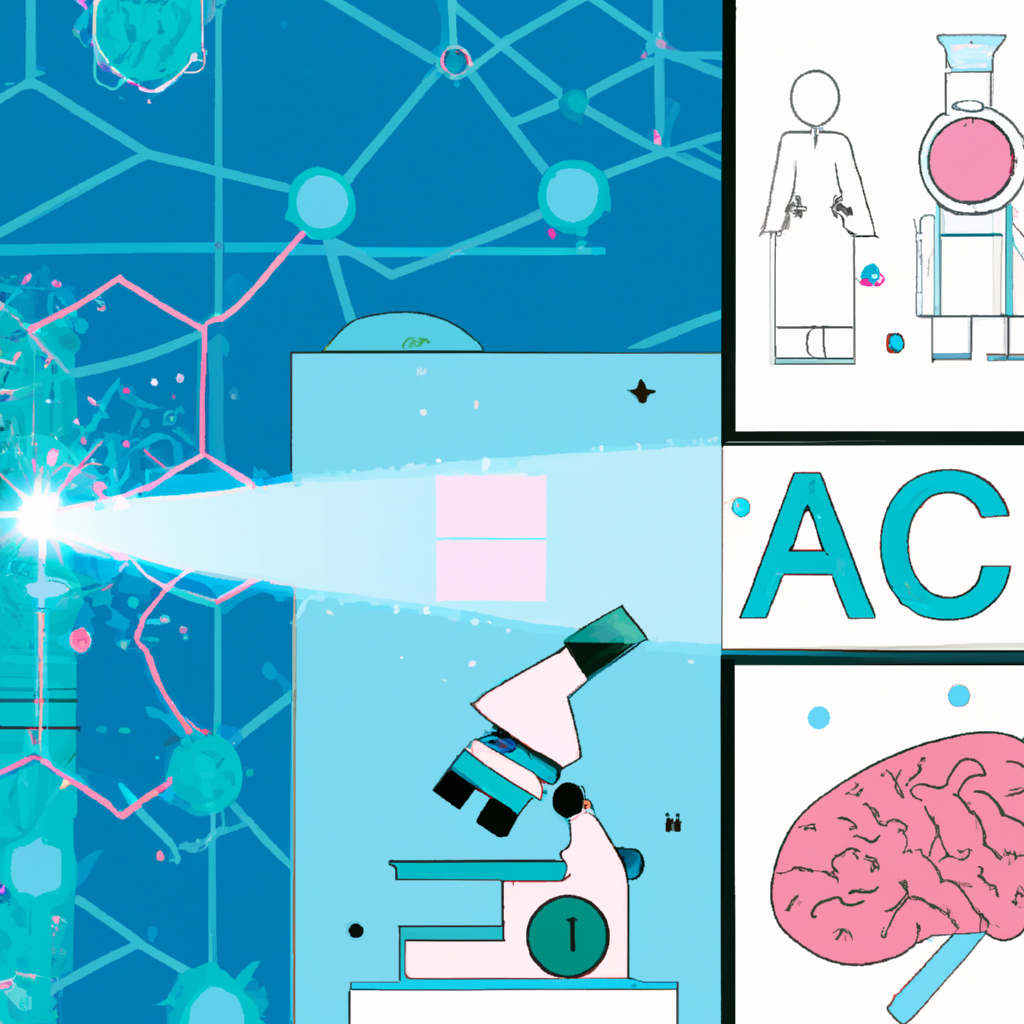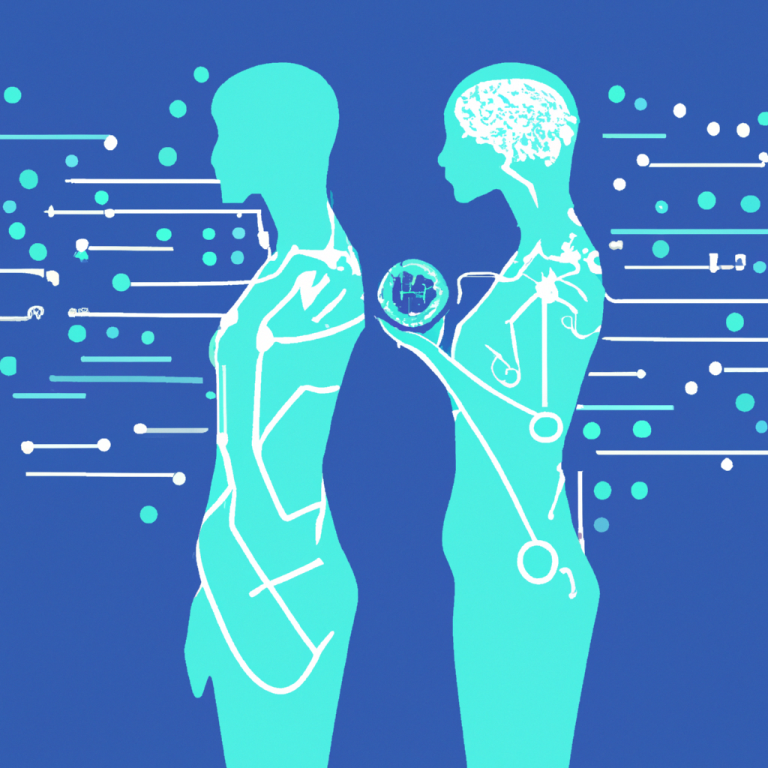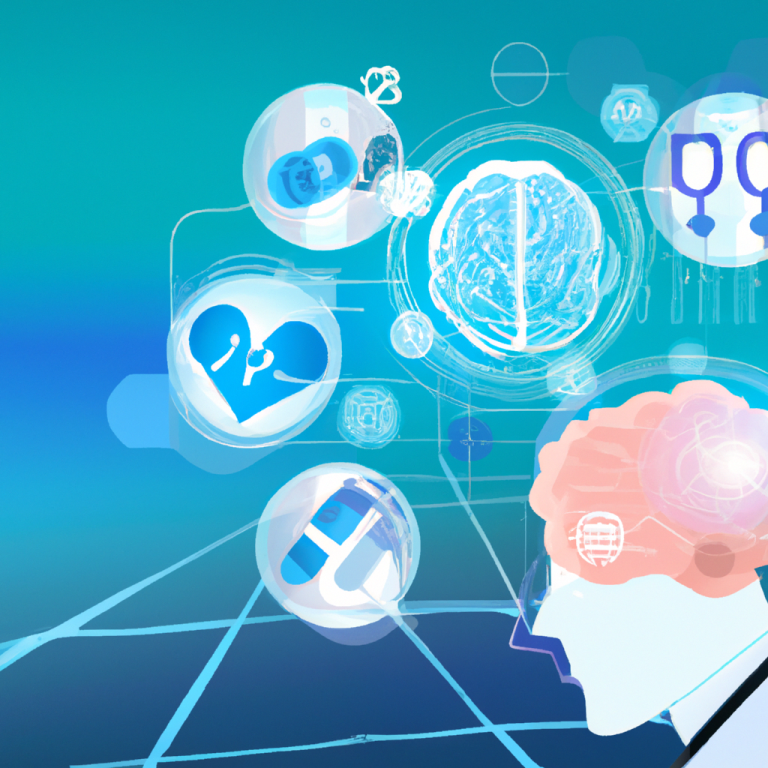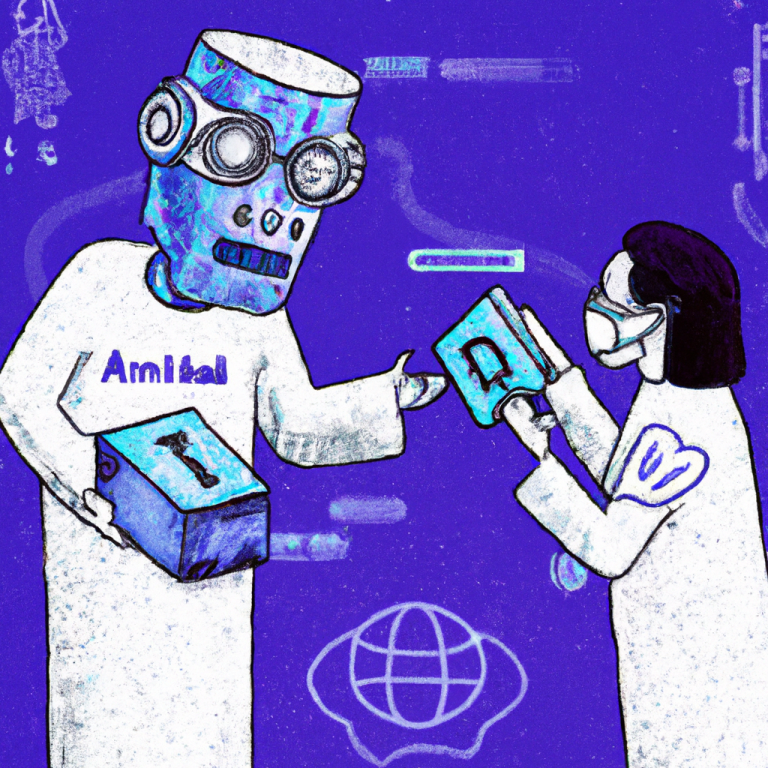Cancer detection by artificial intelligence (AI) is transforming how we diagnose and treat cancer. AI is a powerful tool that can analyze large volumes of data and identify patterns that may be too complex for humans to detect. This has the potential to make cancer diagnosis more accurate and efficient, ultimately leading to improved outcomes for cancer patients.
One of the main ways that AI is being used in cancer detection is through image analysis. AI algorithms can analyze images such as X-rays, MRIs, and CT scans to identify tumors and other abnormalities. This can enable doctors to detect cancer earlier and with greater accuracy, which can lead to more effective treatment.
Another way that AI is being used in cancer detection is through genetic analysis. AI algorithms can analyze genetic data to identify mutations that are associated with cancer. This can help doctors identify patients who are at higher risk of developing certain types of cancer and develop targeted prevention and treatment strategies.
AI is also being used to develop new cancer treatments. Scientists are using AI to analyze large datasets of cancer-related genes and proteins to identify new targets for drug development. This can lead to the development of more effective cancer therapies that target specific cancer cells while minimizing damage to healthy cells.
Overall, cancer detection by AI has the potential to revolutionize cancer diagnosis and treatment. By using sophisticated algorithms to analyze data, AI can help doctors to detect cancer earlier, develop personalized treatment plans, and develop new therapies that target cancer cells more effectively.



